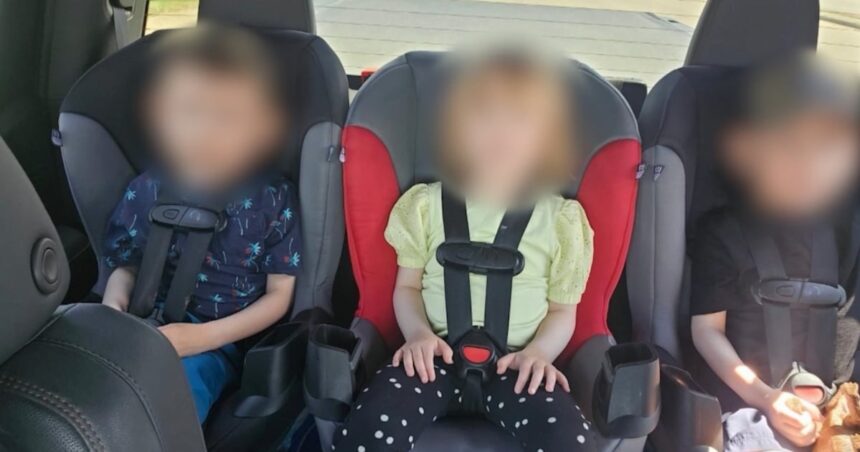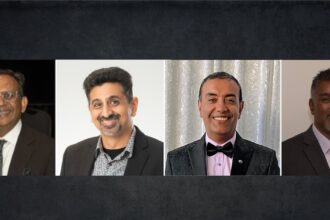Three years after their rescue from what authorities described as “unimaginable neglect,” three British Columbia siblings continue to face extraordinary challenges that will likely require lifelong support and specialized care. Their court-appointed guardian recently revealed the astronomical costs and profound developmental hurdles these children face as they attempt to recover from early childhood trauma that left them in a “feral-like state.”
The children, now ages 8, 10, and 12, were discovered in 2022 living in conditions that Vancouver Island child protection workers described as “the worst case of neglect they had ever encountered.” According to court documents filed at the Victoria courthouse, the siblings were found severely malnourished, non-verbal, and lacking basic social skills. They had never attended school, received medical care, or interacted with anyone outside their immediate household.
“What makes this case particularly heartbreaking is that these developmental delays were entirely preventable,” said Dr. Eleanor Harmon, a child psychologist specializing in trauma recovery who reviewed the case file but is not directly involved in the children’s care. “The critical early years of brain development were spent in an environment of extreme deprivation.”
The children’s legal guardian, who cannot be named to protect the identities of the minors, stated in an affidavit that the eldest child functions at the level of a five-year-old, while the younger siblings demonstrate even more significant developmental delays. All three children require round-the-clock supervision and extensive therapies, including speech therapy, occupational therapy, and specialized educational support.
“The financial burden of caring for these children properly exceeds $275,000 annually,” the guardian’s statement revealed. “This includes specialized schooling, medical interventions, and the continuous presence of trained caregivers who understand trauma-informed approaches.”
The parents, who face multiple charges including criminal negligence causing bodily harm and failure to provide necessities of life, reportedly isolated the family in a remote area of Vancouver Island. Neighbors told investigators they were unaware children lived in the dilapidated property, which lacked running water and adequate heating.
British Columbia’s Ministry of Children and Family Development has come under scrutiny for potentially missing warning signs. Records indicate at least two prior welfare checks at the property that did not result in intervention. The ministry has declined to comment specifically on the case but stated it is “conducting a thorough review of protocols for high-risk assessment situations.”
Child welfare advocates point to this case as evidence of systemic gaps in protection services, particularly for children in isolated rural communities. “These cases highlight the critical need for better coordination between educational authorities, healthcare providers, and child protection services,” said Maria Thompson, director of the Canadian Child Welfare Association.
The children’s guardian is pursuing a civil case against the province, arguing that earlier intervention could have prevented the severity of the developmental damage. Medical experts supporting the claim suggest the children will never fully recover from their early deprivation, though intensive interventions have produced modest improvements in their functioning.
“We’re seeing small victories daily, but the reality is these children will need significant support well into adulthood,” the guardian stated. “Their capacity for independent living remains questionable.”
The case has prompted calls for legislative reform, including mandatory reporting requirements for home-schooled children and stricter monitoring of families who choose to live off-grid. Provincial lawmakers are currently debating potential changes to child welfare regulations that would enhance oversight without infringing on parental rights.
As these three children continue their difficult journey toward recovery, their story raises profound questions about our collective responsibility to vulnerable children: How can society better balance respect for family privacy with the obligation to protect children from harm, and what resources are we willing to commit to help those who have already fallen through the cracks?










